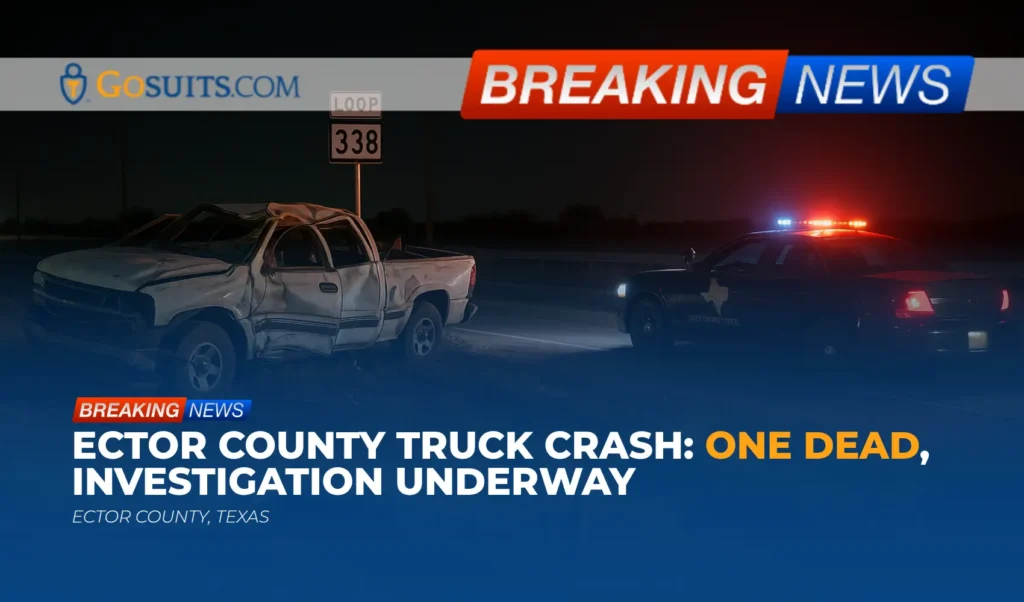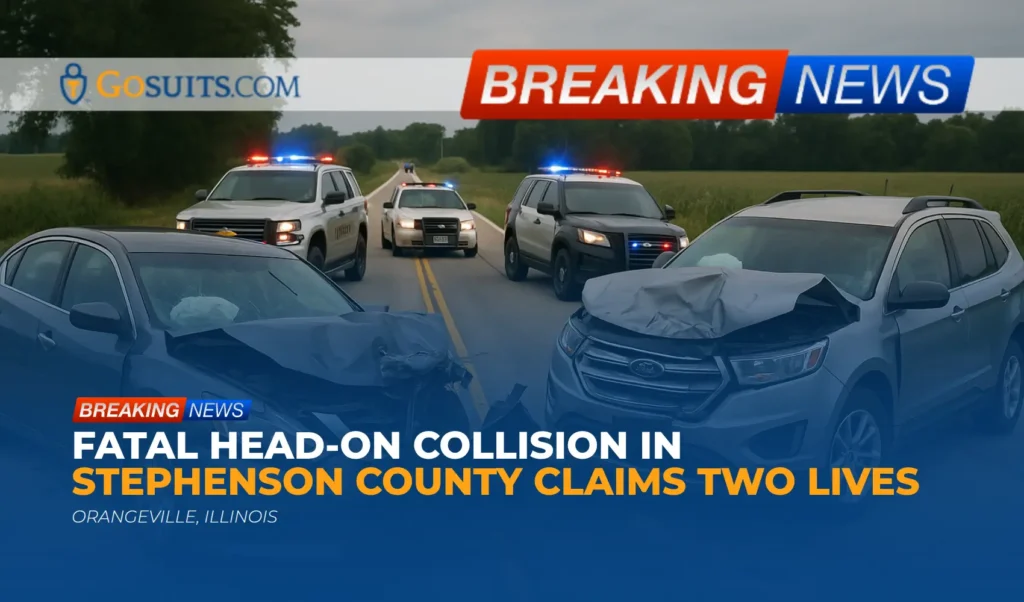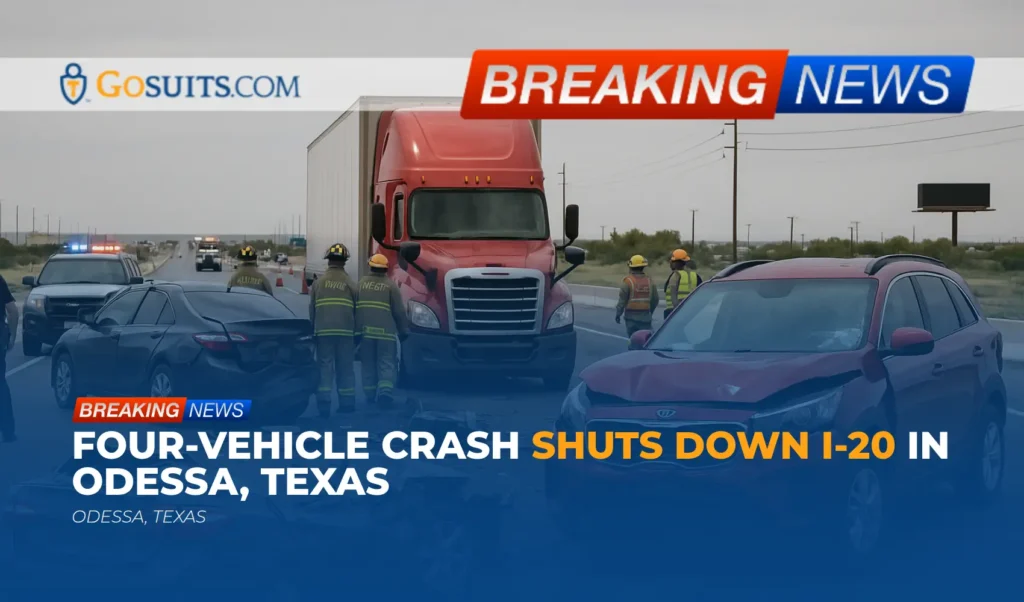A 30-year-old Odessa man died in a single-vehicle crash in Ector County, Texas, on Friday night. According to a preliminary report from the Texas Department of Public Safety (DPS), the man was driving a 2002 Chevrolet Silverado 1500 southbound on North Wireline Road, approaching Loop 338, around 10:30 P.M.
The DPS report indicates that the driver failed to maintain a single lane, veering off to the right side of the roadway. The vehicle then struck an embankment on the west side of Loop 338, causing it to become airborne and roll over. The driver was ejected from the vehicle and pronounced dead at the scene. DPS also reported that the driver was not wearing a seatbelt at the time of the crash.
The crash remains under investigation by the Texas DPS, and no further information is available at this time.
Understanding the Legal Implications of Single-Vehicle Accidents
While the details of this tragic accident are still under investigation, single-vehicle crashes often raise complex legal questions. It’s a common misconception that if only one vehicle is involved, there’s no possibility of a personal injury claim. However, this is not always the case. Several factors can contribute to a single-vehicle accident, and understanding these factors is crucial in determining liability and potential avenues for compensation.
Factors Contributing to Single-Vehicle Accidents
Several elements can lead to a single-vehicle crash. Driver error, such as distracted driving, speeding, or driving under the influence, is a frequent cause. However, other contributing factors may include:
- Road Defects: Poor road maintenance, inadequate signage, or hazardous road conditions like potholes or uneven surfaces can contribute to accidents. If a governmental entity is responsible for maintaining the road, they may be liable for damages caused by negligence in their duty.
- Vehicle Defects: A manufacturing defect or a mechanical failure, such as brake failure or tire blowout, can cause a driver to lose control of their vehicle. In these cases, the vehicle manufacturer or a parts supplier may be held liable.
- Environmental Factors: Weather conditions like heavy rain, fog, or ice can reduce visibility and make roads treacherous. While these conditions alone might not create liability, the failure of other drivers to adjust their driving to these conditions can be a factor in an accident.
- Obstructions: Unexpected obstructions in the road, such as debris or animals, can cause drivers to swerve or brake suddenly, leading to a crash.
The Importance of Investigation
In any accident, a thorough investigation is crucial to determine the cause and identify any liable parties. This investigation often involves:
- Police Reports: Law enforcement agencies conduct investigations at the scene of the accident, collecting evidence and interviewing witnesses. The police report provides a detailed account of the incident and often includes a preliminary determination of fault.
- Accident Reconstruction: Seasoned accident reconstruction professionals can analyze the crash scene, vehicle damage, and other evidence to recreate the sequence of events leading to the accident. This can help determine the cause of the crash and identify any contributing factors.
- Witness Statements: Gathering statements from witnesses can provide additional perspectives on the accident and help clarify what occurred.
- Vehicle Inspections: A skilled mechanic can inspect the vehicle for any mechanical defects that may have contributed to the crash.
- Review of Maintenance Records: Examining the vehicle’s maintenance records can reveal any history of mechanical issues or neglected repairs.
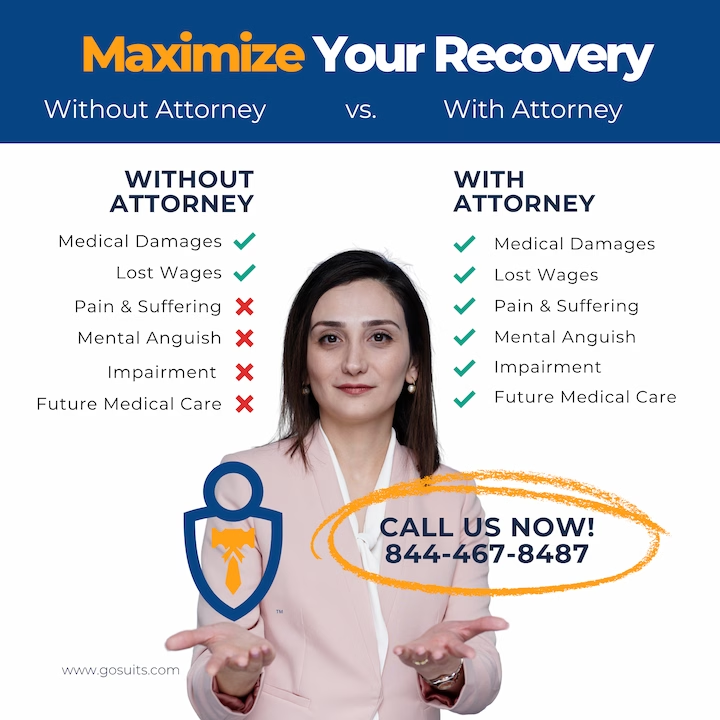
Potential Legal Claims in Single-Vehicle Accidents
Depending on the circumstances, several types of legal claims may be possible following a single-vehicle accident:
- Negligence Claims: If the accident was caused by the negligence of another party, such as a government entity responsible for road maintenance or a vehicle manufacturer responsible for a defective product, a negligence claim may be pursued. To prove negligence, it must be shown that the other party had a duty of care, breached that duty, and that the breach directly caused the accident and resulting damages.
- Product Liability Claims: If a vehicle defect or a defective vehicle part contributed to the accident, a product liability claim may be filed against the manufacturer, distributor, or seller of the defective product. These claims can be based on theories of negligence, strict liability, or breach of warranty.
- Insurance Claims: Even in single-vehicle accidents, insurance coverage may be available. Uninsured/Underinsured Motorist (UM/UIM) coverage may apply if the accident was caused by an unidentified driver or if the at-fault party has insufficient insurance coverage. Additionally, collision coverage can help with the cost of repairing or replacing the damaged vehicle.
The Importance of Legal Counsel
Navigating the legal complexities of a personal injury claim, especially in a single-vehicle accident, can be challenging. Consulting with a skilled personal injury attorney is essential to understand your rights and options. An attorney can:
- Investigate the accident: Conduct a thorough investigation to determine the cause of the accident and identify all potentially liable parties.
- Gather evidence: Collect and preserve evidence to support your claim, including police reports, witness statements, and expert opinions.
- Negotiate with insurance companies: Handle communications with insurance companies and negotiate a fair settlement on your behalf.
- File a lawsuit: If a fair settlement cannot be reached, file a lawsuit and represent you in court.
- Advise on the legal process: Explain the legal process and answer any questions you may have.
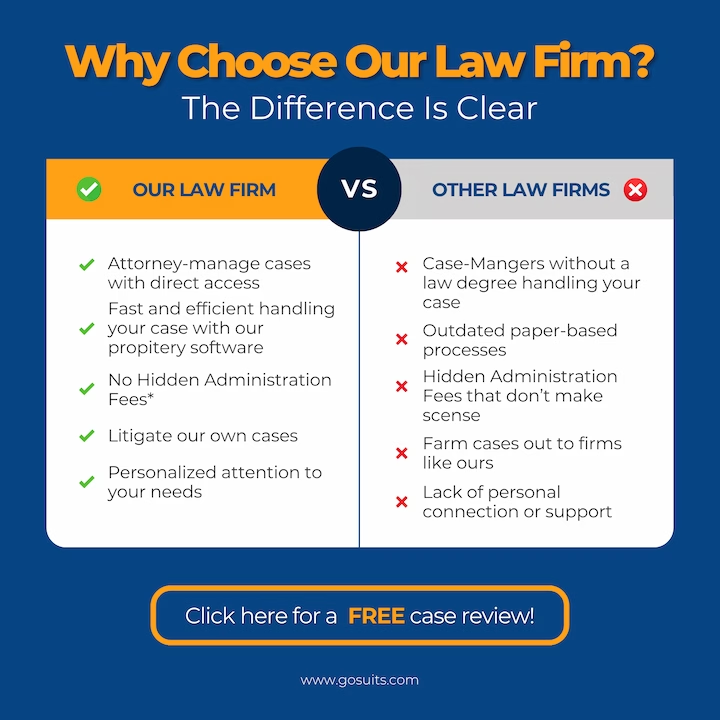
Commentary from Gosuits Ector County, Texas Personal Injury Attorney
The tragic loss of life in this single-vehicle accident underscores the importance of safe driving practices and the potential legal ramifications of such incidents. While the investigation is ongoing, this event serves as a reminder that accidents can occur for various reasons, some of which may involve factors beyond the driver’s control. It is crucial to conduct a thorough investigation to determine all contributing factors and to understand the potential avenues for legal recourse. Families affected by such tragedies should seek experienced legal guidance to help them navigate the complexities of personal injury law and ensure their rights are protected.
